OpenAI-Compatible Plugin
The @genkit-ai/compat-oai package provides plugins for services that are compatible with the OpenAI API specification. This includes official OpenAI services as well as other model providers and local servers that expose an OpenAI-compatible endpoint.
This package contains four main exports:
openAICompatible: A general-purpose plugin for any OpenAI-compatible service.openAI: A pre-configured plugin for OpenAI’s own services (GPT models, DALL-E, etc.).xai: A pre-configured plugin for xAI (Grok) models.deepSeek: A pre-configured plugin for DeepSeek models.
Installation
Section titled “Installation”npm install @genkit-ai/compat-oaiGeneral-Purpose OpenAI-Compatible Plugin
Section titled “General-Purpose OpenAI-Compatible Plugin”You can use the openAICompatible plugin factory to connect to any service that exposes an OpenAI-compatible API. This is useful for custom or self-hosted models, such as those served via Ollama.
To use this plugin, import openAICompatible and specify it in your Genkit configuration. You must provide a unique name for each instance, and client options like baseURL and apiKey.
Configuration
Section titled “Configuration”The openAICompatible plugin takes an options object with the following parameters:
name: (Required) A unique name for the plugin instance (e.g.,'ollama','my-custom-llm').apiKey: The API key for the service. For local services, this can often be a placeholder string like'ollama'.baseURL: The base URL of the OpenAI-compatible API endpoint (e.g.,'http://localhost:11434/v1'for Ollama).- Other options from the OpenAI Node.js SDK’s
ClientOptionscan also be included, such astimeoutordefaultHeaders.
Here’s an example of how to configure the plugin for a local Ollama instance:
import { genkit } from 'genkit';import { openAICompatible } from '@genkit-ai/compat-oai';
export const ai = genkit({ plugins: [ openAICompatible({ name: 'localLlama', apiKey: 'ollama', // Required, but can be a placeholder for local servers baseURL: 'http://localhost:11434/v1', // Example for Ollama }), ],});Once configured, you need to define a modelRef to interact with your custom model. A modelRef is a reference that tells Genkit how to use a specific model, including its name and any supported features.
The model name in the modelRef should be prefixed with the name you gave the plugin instance, followed by a / and the model ID from the service.
import { genkit, modelRef, z } from 'genkit';import { openAICompatible } from '@genkit-ai/compat-oai';
// In your Genkit config...const ai = genkit({ plugins: [ openAICompatible({ name: 'localLlama', apiKey: 'ollama', baseURL: 'http://localhost:11434/v1', }), ],});
// Define a reference to your modelexport const myLocalModel = modelRef({ name: 'localLlama/llama3', // You can specify model-specific configuration here if needed. // For many custom models, Genkit's default capabilities are sufficient.});
// Use the model in a flowexport const localLlamaFlow = ai.defineFlow( { name: 'localLlamaFlow', inputSchema: z.object({ subject: z.string() }), outputSchema: z.object({ joke: z.string() }), }, async ({ subject }) => { const llmResponse = await ai.generate({ model: myLocalModel, prompt: `Tell me a joke about ${subject}.`, }); return { joke: llmResponse.text }; },);In this example, 'localLlama/llama3' tells Genkit to use the llama3 model provided by the localLlama plugin instance.
Passing Model Configuration
Section titled “Passing Model Configuration”You can pass configuration options to the model in the generate call. The available options depend on the specific model you are using.
Common options include temperature, maxOutputTokens, etc. These are passed through to the underlying service.
const llmResponse = await ai.generate({ model: myLocalModel, prompt: 'Tell me a joke about a llama.', config: { temperature: 0.9, },});The OpenAI-Compatible API package (compat_oai) provides a unified interface for accessing multiple AI providers that implement OpenAI’s API specification. This includes OpenAI, Anthropic, and other compatible services.
Overview
Section titled “Overview”The compat_oai package serves as a foundation for building plugins that work with OpenAI-compatible APIs. It includes:
- Base Implementation: Common functionality for OpenAI-compatible APIs
- OpenAI Plugin: Direct access to OpenAI’s models and embeddings
- Anthropic Plugin: Access to Claude models through OpenAI-compatible endpoints
- Extensible Framework: Build custom plugins for other compatible providers
Prerequisites
Section titled “Prerequisites”Depending on which provider you use, you’ll need:
- OpenAI: API key from OpenAI API Keys page
- Anthropic: API key from Anthropic Console
- Other providers: API keys from the respective services
Configuration
Section titled “Configuration”Use with Compatible Providers
Section titled “Use with Compatible Providers”import "github.com/openai/openai-go/option"
// Custom base URL for OpenAI-compatible servicesopts := []option.RequestOption{ option.WithAPIKey("YOUR_API_KEY"), option.WithBaseURL("https://your-custom-endpoint.com/v1"), option.WithOrganization("your-org-id"), option.WithHeader("Custom-Header", "value"),}Common Configuration
Section titled “Common Configuration”OpenAI-compatible configuration options are supported:
import "github.com/openai/openai-go"
config := &openai.ChatCompletionNewParams{ Temperature: openai.Float(0.7), MaxTokens: openai.Int(1000), TopP: openai.Float(0.9),}
resp, err := genkit.Generate(ctx, g, ai.WithModel(model), ai.WithPrompt("Your prompt here"), ai.WithConfig(config),)
